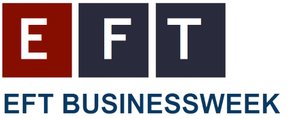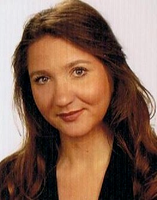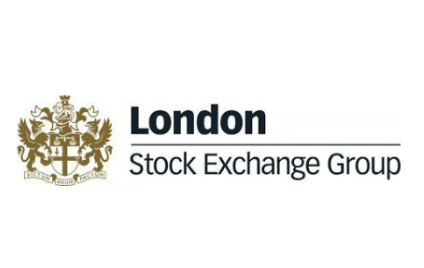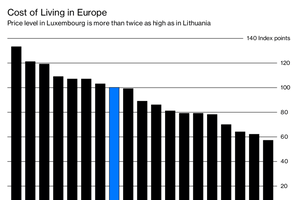
About Us Privacy Policy Terms and Conditions

Capital Markets
Saudi wants foreign help in economic overhaul
Cutting U.S. corporate taxes could mean a windfall for foreign investors
Deficit for 2017 hits $666 billion
Paul Ryan: House GOP will propose a new top tax rate for the rich
Kevin Warsh: The Wall Street insider who wants to be Fed chief
Meet the bears predicting stock market doom
Founded by litigators. In 2001, Goldberg Segalla was founded as a modern, refreshing alternative to the typical law firm. Today, we are proud to serve as trial counsel for a number of Fortune 100 companies and to continue building an ongoing history of success.

by Shahid Mahmood
from EFT Businessweek
Business school has been called a two-year job interview, and with good reason: For more than $100,000 and two years of study, MBAs hope to gain access to vast alumni networks, top-tier internships, and the very best jobs. Our annual ranking of full-time MBA programs now focuses on what most people hope to get after business school: a satisfying, well-paying job.
More graduate degrees in business are awarded each year than in any other field in the U.S., and new business schools are accredited by the dozen every year. To identify the best ones, we compiled data from more than 13,150 current students, 18,540 alumni, and 1,460 recruiters across 177 distinct B-school programs. The result is our deepest and broadest set of data ever.
This year, we’ve revised the way we rank schools. For the first time, we surveyed MBAs after graduation for more insight into what graduates can expect in their future careers. We detailed some of the standout findings about MBA alumni in a separate report—including a broad pay difference between male and female MBAs that starts small, but gets bigger as they continue their careers.
Older elements of our ranking, including a tally of faculty research, have been scrapped because they don’t get at our fundamental question: How well does this business school channel its graduates into good jobs?
You can dig into an exhaustive explanation of our ranking methodology below, which also details how it differs from previous years. Briefly, the Full-Time MBA Rankings are based on five parts:
Employer Survey (35 percent of total score): recruiter feedback on the skills they look for in MBAs, and which programs best equip their students with those skills
Alumni Survey (30 percent): feedback from the classes of 2007, 2008, and 2009 on how their MBAs have affected their careers, their compensation change over time, and their midcareer job satisfaction
Student Survey (15 percent): the class of 2015’s take on academics, career services, campus climate, and more
Job Placement Rate (10 percent): the most recent data on how many MBAs seeking full-time jobs get them within three months of graduation
Starting Salary (10 percent): most recent data on how much MBAs make in their first jobs after graduation, adjusted for industry and regional variation
With a sharper focus on what people most hope to get after business school, we think we’ve created the most effective ranking yet for helping career-oriented students choose an MBA program.
Headlines
Japan's central bank is stepping up its efforts to kick-start the country's struggling economy by taking a key interest rate into negative territory. Read More
Sturgeon Says No Brexit Deal Would Be Devasting

U.K. Prime Minister Theresa May dialed back expectations that a swift Brexit transition deal can be reached with the European Union, signaling that any arrangement to ease disruption from the divorce would only be agreed on as part of a broader accord. Read More












.jpg?etag=%2257796-56ae4810%22&sourceContentType=image%2Fjpeg&ignoreAspectRatio&resize=300%2B200&quality=85)
.jpg?etag=%2285c82-56ae484b%22&sourceContentType=image%2Fjpeg&ignoreAspectRatio&resize=339%2B200&extract=0%2B0%2B300%2B200&quality=85)